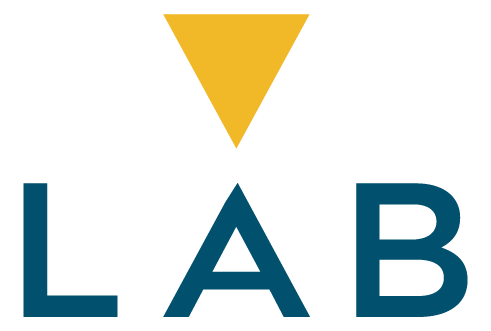What is “Knowing Your Customer”?
The level of awareness around Know Your Customer (KYC) and client onboarding has grown significantly and is the mandatory process of identifying and verifying the identity of customers when they apply for financial products or services.
Know your Customer (or KYC) plays a significant role in the fight against financial crime and money laundering and customer identification is the most critical facet.
Simply put, financial services must ensure that their clients are genuinely who they claim to be and can refuse to open an account or halt the transactions if the customer fails to meet the minimum Know your Customer requirements.
What is Money Laundering and Terrorism Financing?
Money laundering is the processing of criminal profits to disguise their illegal origin with the estimated amount of money laundered globally in one year is 2-5% of global GDP, or US$800 billion – $2 trillion.
Terrorism financing involves the financing of terrorist acts, terrorists and terrorist organisations. This may occur via the provision of any kind of asset in any form, with a view to disguising the original source of the funds.
Who sets the minimum KYC requirements?
KYC policies require “reasonable due diligence” to know (and retain) the essential data concerning every customer.
The KYC process is also a legal requirement intended as an Anti-money laundering and Counter Terrorism Financing measure.
Anti-money laundering (AML) and Counter Terrorism Financing (CTF) describes the legal controls that require financial institutions and other regulated entities to prevent, detect and report money laundering activities. Laws against money laundering were created as far back as the 1930’s.
Directives such as the Bank Secrecy Act (BSA) of 1970 and the more recent legislation in Australia, the Anti-Money Laundering and Counter-Terrorism Financing Act 2006 regulate the set of procedures, laws and regulations designed to stop the practice of generating income through illegal actions.
It’s up to financial institutions that issue credit or allow customers to open accounts to practice enhanced due diligence and verify customers to ensure they are not taking part in a money laundering scheme. They must verify where large sums of money originated, monitor suspicious activities and report material cash transactions.
What is the process?
The process of “knowing your customer” ensures identity is verified either before or during the time that a financial institution starts doing business with a individual or entity and can also reference the regulated financial services practices that are used to verify clients’ identities.
It is increasingly common for banking institutions, investment companies, and insurance organisations to require that their customers provide them with detailed information in order to ensure that they are not involved with corruption, bribery, or money laundering.
With issues concerning corruption, terrorist financing, and money laundering becoming so widespread, KYC policies have evolved into an important tool to combat illegal transactions in the international finance field and allows companies to protect themselves by ensuring that they are doing business legally and with legitimate entities. It also protects the individuals who might otherwise be harmed by financial crime.
Many financial institutions begin their KYC procedures by collecting basic data and information about their customers, ideally using electronic identity verification. Pieces of information such as names, passport, Medicare card, phone numbers, birthdays, and addresses can be very useful when determining whether an individual is involved in a financial crime. This verification process can go further to include facial verification and biometric verification.
Once this data is collected, financial services organisations can compare it to lists of individuals that are known for corruption, on a list of sanctions, suspected of being involved with a crime, or at a high risk of partaking in bribery or money laundering. Financial institutions also look at lists of Politically Exposed Persons, or PEPs.
LAB Group and Managing KYC Risks
There is no ‘one-size-fits-all’ AML/CTF Program and it must be developed according to specific organisational needs, risks and characteristics which provides businesses flexibility to decide how obligations can be met.
When financial services integrate with LABform for digital account opening, if a person is thought to be Politically Exposed their application will be flagged in LAB’s Application Manager (where internal staff can view all applications). This information can be checked and actioned by an authorised person within the business.
Other information that is flagged includes if a customer uses a Virtual Private Network to initiate an application. This information will appear at various stages of the application process in LAB’s Application Manager and can then be quantified internally as to how much a of a risk the prospect appears to be when they apply for financial services or products.
The process of identifying documents when a business uses LABform’s custom or pre-configured workflows is performed through advanced document verification software and moves away from being a paper based process, is KYC compliant according to your organisations specific needs and creates flexibility when customer applications are processed for both customer and internal staff.
To help meet KYC obligations including record keeping, businesses need an identity verification solution that can deliver both flexibility and the right user experience to customers, manage security for the business and fulfil all AML/CTF requirements.
For more information on LABform and Application Manager contact our customer success team by emailing customersuccess@labgroup.com.au
Other Know Your Customer Resources


